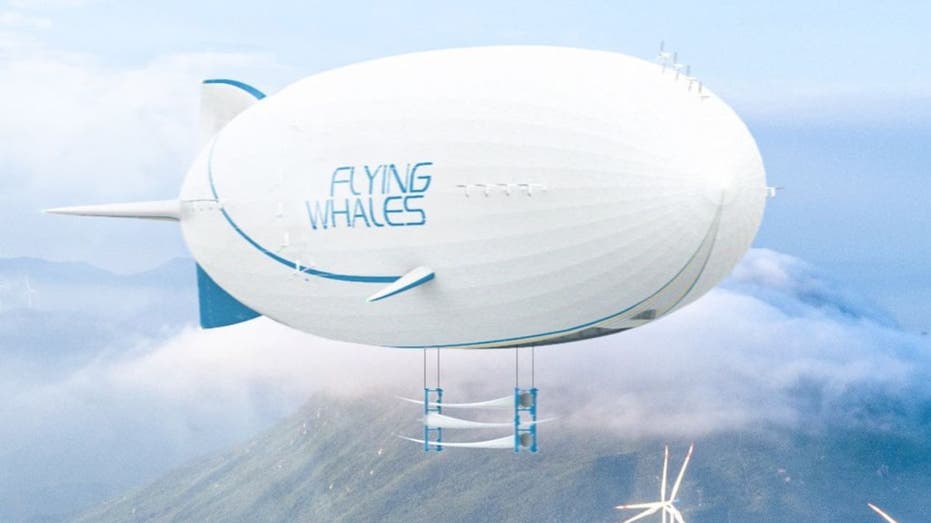Flying Whales' LCA60T: Revolutionizing Cargo Transport with a Giant Airship
Key Ideas
- Flying Whales' Large Capacity Airship 60 Tonne (LCA60T) aims to transform cargo transport by connecting population centers with remote areas, boasting impressive cargo capacity and cutting-edge design.
- The airship plans to transition to hydrogen fuel cell power generation for sustainability, in addition to using high-voltage lithium-ion batteries and turbine generators initially.
- Strategic partnerships, substantial funding, and advanced testing demonstrate the project's progress and potential to revolutionize logistics, provide humanitarian aid, and support various industries.
- While facing technical and economic challenges, the LCA60T represents a promising future for sustainable, accessible transportation, with a 2027 flight testing goal on the horizon.
French startup Flying Whales is pioneering a transformation in cargo transport with its innovative Large Capacity Airship 60 Tonne (LCA60T) project. The colossal helium-filled airship, measuring 656 feet in length, intends to bridge the gap between populated areas and remote regions by transporting essential goods without ground contact. With a cargo capacity exceeding an Airbus Beluga XL and cutting-edge features like a composite beam lattice construction, the LCA60T holds promise for revolutionizing logistics.
Utilizing a combination of high-voltage lithium-ion batteries and turbine generators initially, Flying Whales plans to switch to hydrogen fuel cell power generation for sustainability. The airship's design includes 32 electric propeller drives, a massive cargo hold, advanced sensor systems, and a specially developed ultralight outer skin.
Strategic partnerships, significant funding, and wind tunnel testing of materials showcase the project's advancement. The LCA60T's versatility extends to activities such as extracting renewable resources, providing humanitarian aid, and facilitating construction projects.
Despite facing notable challenges, the LCA60T symbolizes a bright future for sustainable transport. By aiming for flight testing in 2027, Flying Whales sets the stage for a potential transportation revolution. The global community anticipates the airship's success in connecting regions, revolutionizing logistics, and enhancing sustainability.
The article concludes by sparking a discussion on whether governments and private enterprises should prioritize airship technology funding over other sustainable transport solutions, encouraging readers to share their opinions and subscribe for more tech insights and security alerts.
